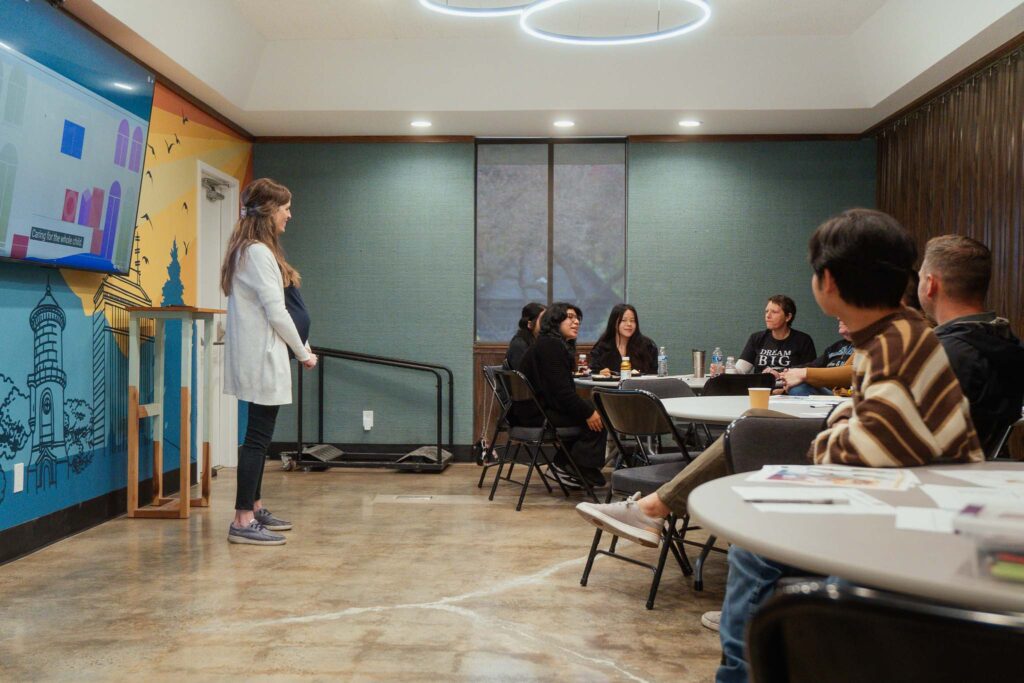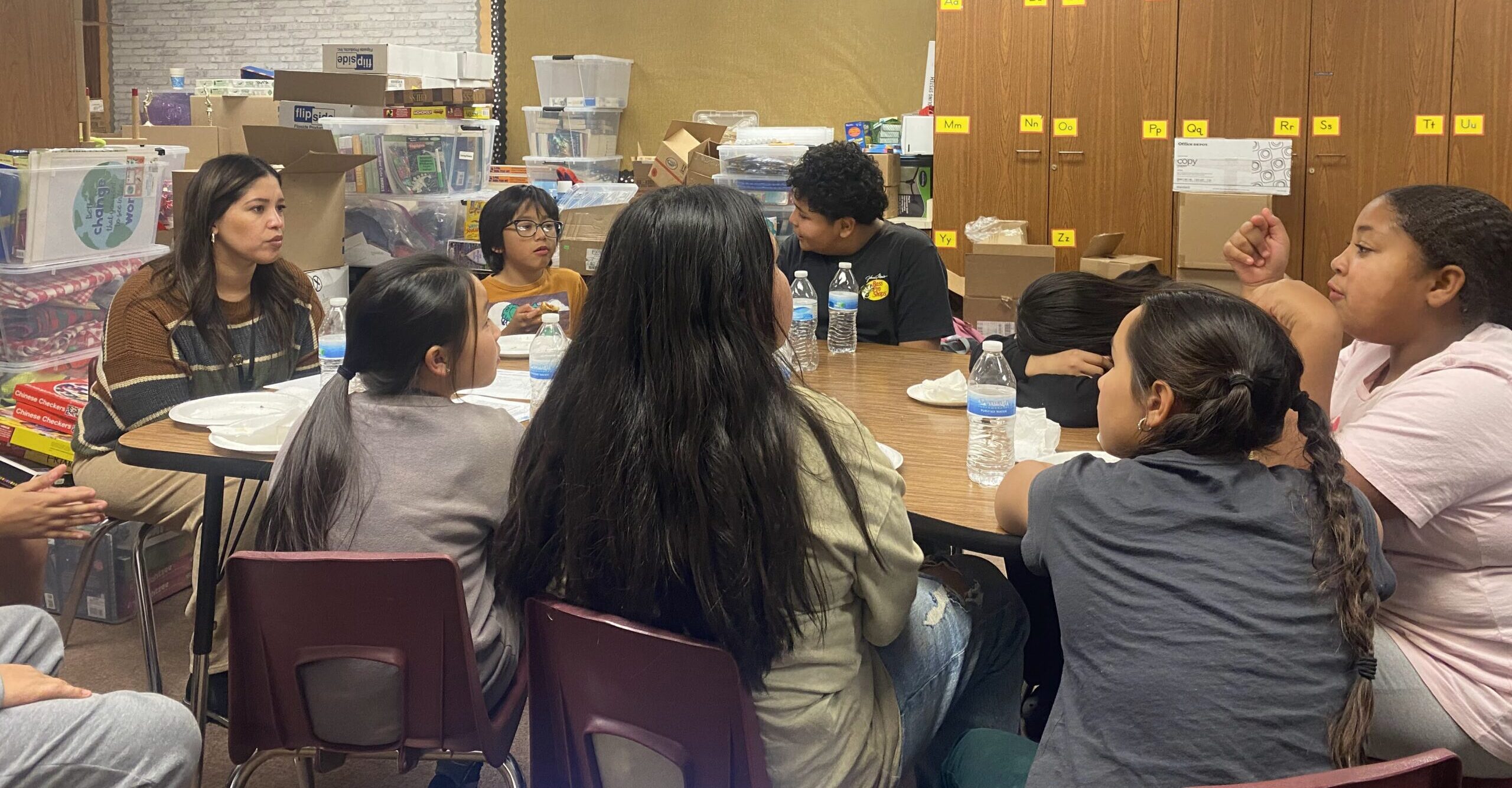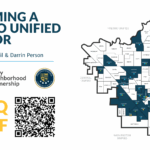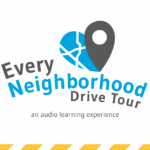As part of a fairly new statewide initiative, Fresno Unified School District is in their second year of piloting community schools- a new, holistic approach to education.
In a recent Fresno Bee article, Leqi Zong expands upon why California recognized the needs for community schools and how quickly Fresno Unified plans to expand the initiative:
At Every Neighborhood Partnership (ENP), we are honored to collaborate with the Center for Community Transformation and The Children’s Movement to support community schools throughout Fresno Unified School District. Together, we are working with schools to assess their strengths and needs by gathering input from parents, students, staff, and local nonprofits.
Before we continue, you may be wondering… what exactly is a community school?
What is a community school?
A community school is a school that serves as a hub for students, families, and local organizations, providing wraparound services—such as academic support, mental health care, and basic needs assistance—to remove barriers to learning.
“A community school is built by listening to the neighborhood, listening to the community, and then figuring out what is needed on that school site campus for both the kids and the neighborhood to excel,” Jenessa Cheema, ENP’s School Support Director.
By identifying each neighborhood’s unique needs and leveraging community partnerships, these schools create equitable opportunities for student success and foster stronger, more connected communities.
Darrin Person, the Executive Director of Fresno Unified’s Office of Community Schools, explains that collaboration and serving families makes up the the foundation of a community school.
“In the last seven months,” says Darrin, “I have seen schools, our community, our parents – all stakeholders- embracing the idea that we have to work together to help our children and families thrive.”
Across California, the California Community Schools Partnership Program (CCSPP) showcases the transformative power of community schools. Nearly 90% of students in CCSPP-supported schools come from historically underserved populations, including low-income families, English learners, and foster youth—far exceeding the statewide average of 63%. These schools have prioritized essential services, including mental health support (provided by 87% of schools), academic tutoring (86%), and health screenings (80%).
This comprehensive support has led to improvements in academic engagement and significant reductions in absenteeism, demonstrating the effectiveness of addressing students’ holistic needs.
What do community schools look like in Fresno?
The Fresno Unified Community Schools Office describes the four pillars of a community school:
- Expanded & enriched learning time & opportunities (After-school, weekend and summer programs)
- Integrated student supports (Mental/physical health supports and social services)
- Collaborative leadership and practices (A culture of professional learning, trust, and continuous improvement)
- Active family & community engagement (Parents/caregivers in the school as partners, leaders and learners)
While these four pillars are consistent, the specific qualities of each community school reflect the unique characteristics and needs of its neighborhood. “Each community school is going to look different because each neighborhood is different,” explains Jenessa Cheema, ENP’s School Support Director.
At one community school in Fresno Unified, Thomas Elementary, food insecurity emerged as a critical challenge during listening sessions.
“Our students need more than just educational support. Is there any support we can offer at home? Are they getting the right nutrition?” reflects Tashon Smallwood, Thomas Elementary’s Community Schools Coordinator.
By partnering with a local church to provide monthly food distributions, Thomas Elementary has supported families in meeting basic needs, helping students focus on their education.
How is ENP partnering with community schools?
ENP, in collaboration with the Center for Community Transformation and The Children’s Movement, are helping Fresno Unified community schools build leadership teams made up of stakeholders, including parents, students, and school staff.
These teams help identify the students and their families’ greatest needs and help identify the solutions that exist within their community through focus groups and listening sessions.
“ENP has… taken me by the hand and been part of all of these listening sessions with me. They have broken everything down and pushed for us to have our vision lived out,” says Yolanda Valencia, Heaton’s Community Schools Coordinator.
By fostering collaboration and listening carefully to each community’s voice, we are creating sustainable solutions that ensure students have the resources they need to thrive.

Interested in learning more about community schools?
Are you inspired by the community schools model? Watch this video to learn more about community schools or email Christian at christian@everyneighborhood.org to learn more about how ENP is helping schools and neighborhoods thrive. Together, we can equip the next generation of leaders like our city depends on it.







Leave a Reply